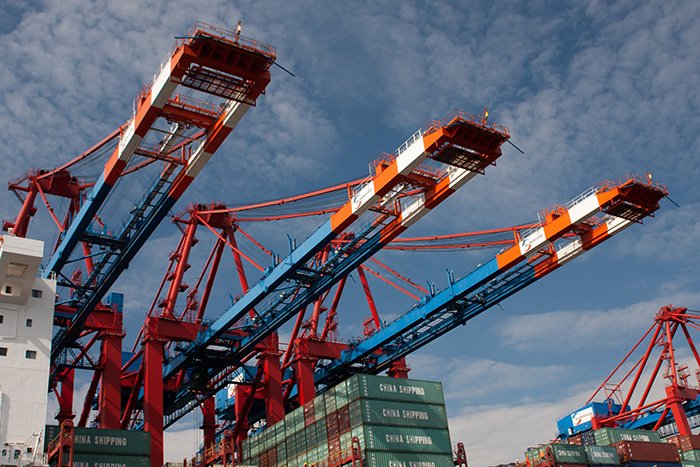In a statement released last Friday, Nurul Ichwan, the investment promotion deputy at Indonesia’s Investment Ministry said that Indonesia is the current destination for global manufacturing sector investment, which he explained was due to several advantages.
According to reporting from Antara News, these advantages are:
- Indonesia has the fourth-largest population in the world that can supply an adequate workforce for global corporations.
- This is also supported by Indonesia’s demographic bonus, with the average age of workers being 30-years old. In contrast, other countries have an older workforce and experience difficulty in obtaining manpower, he pointed out.
- In ASEAN, Indonesia is the largest country both in terms of population and economy. It is also a heavyweight based on production for the international market, which contributes 36-percent to the total ASEAN gross domestic product (GDP).
- Indonesia is also a G20 member with a resilient economy and GDP growth of USD 1.3-trillion, with GDP per capita exceeding USD 5,000. According to data released by Bloomberg in April 2023, Indonesia is also expected to survive the recession forecast in the future, with the possibility of recession being just 2-percent.
- Indonesia also has rich natural resources, including for the development of the electric vehicle (EV) industry. In fact, by 2025, at least 15-percent of nickel for the global EV battery industry is expected to be supplied from Indonesia.
Based on these aspects, Indonesia is the right country to become a destination for global manufacturing sector investment, Ichwan said.
To support Indonesia as a good investment destination, industrial areas that match investors’ needs have been prepared, Industrial Area Association (HKI) chairperson Sanny Iskandar said.
There are more than 100-industrial zones spread across Java and outside of Java.
The industrial area in Java Island is intended for high technology and digital industry, labor-intensive industry, and downstream industry.
Meanwhile, industrial areas outside of Java are intended for industries that have the goal of increasing the added value of natural resource-based products and industries that can trigger new economic development, say Antara News.
The development of industry investment in industrial areas across Indonesia is supported by quality infrastructure and facilities, Iskandar said, including power plants, industrial gas supply, information and communication technology networks, waste processing, toll roads, freight train lines, airports, and seaports.
Iskandar said that to support the implementation of the fourth industrial revolution, Indonesia has also developed smart-eco industrial parks complemented by eco-friendly digital infrastructure with high technology.
Indonesia is ready for the circular economy system as well as to become a digital hub, he said
Source: Antara News


